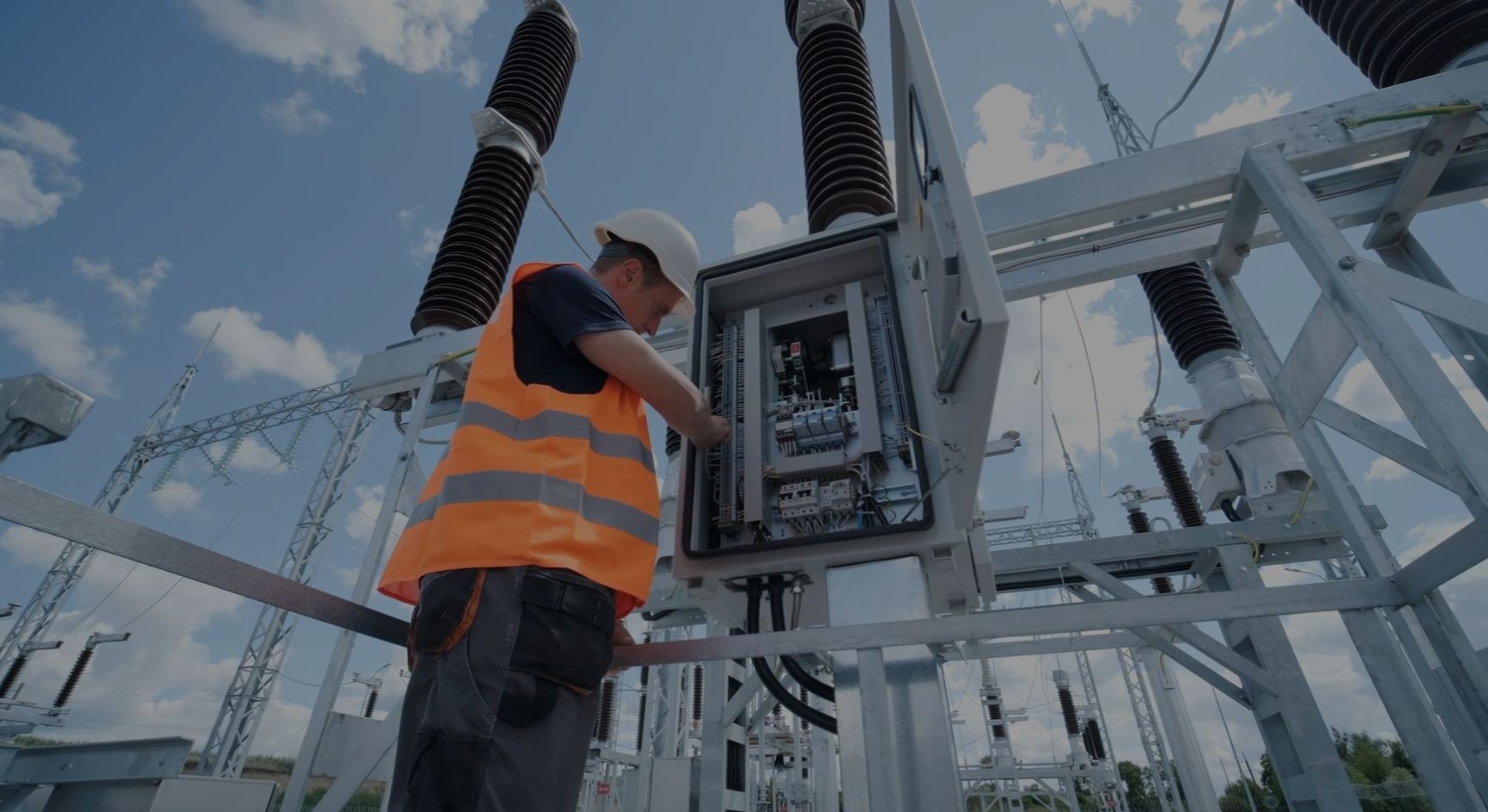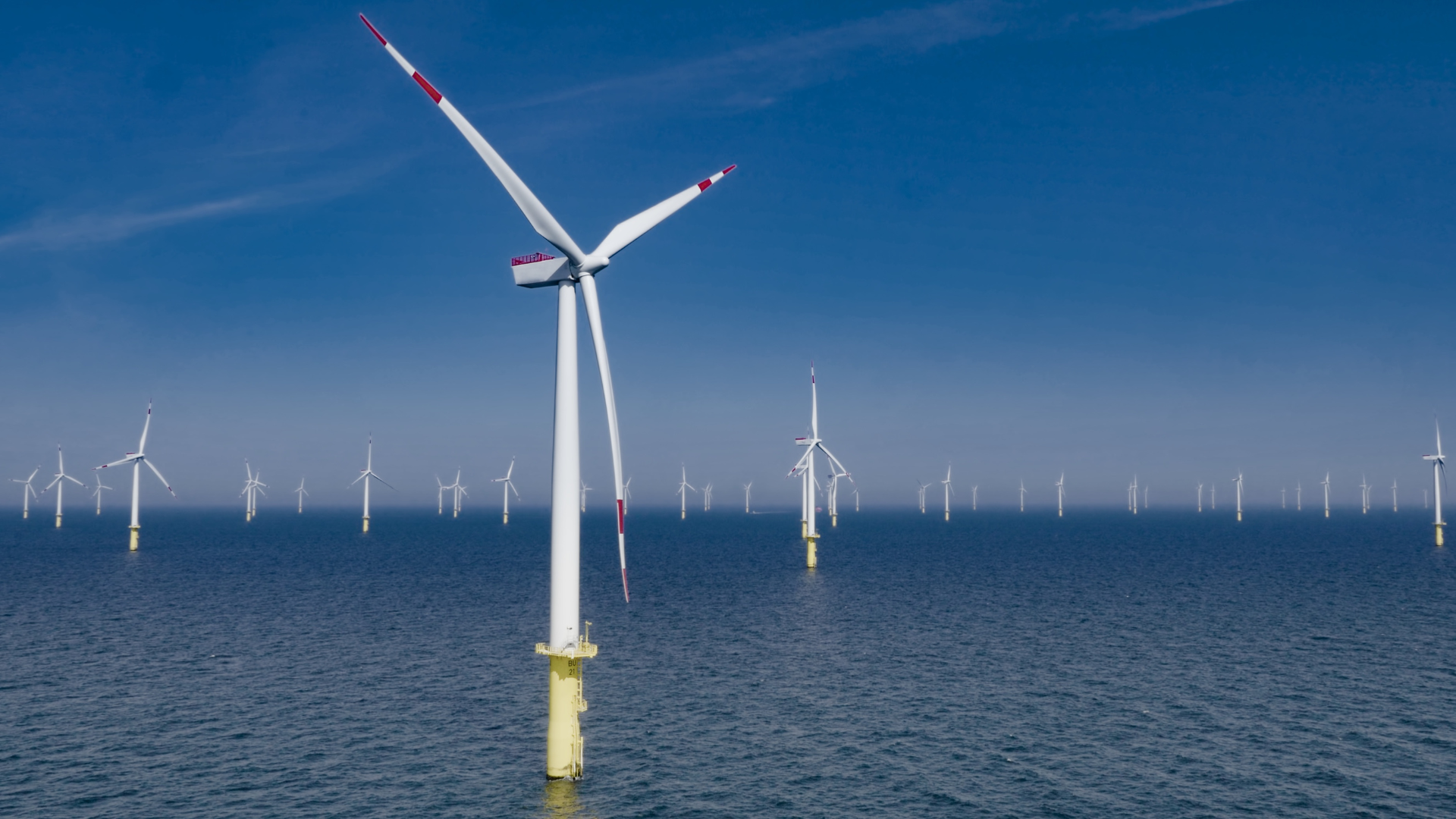
The Renewable Revolution & Why Sustainability Success in the UK Depends on People
A Global Shift with Local Impact
In early 2025, a remarkable global milestone was reached; renewable energy overtook coal as the world’s largest source of electricity generation. This moment, though international in scale, holds particular weight for the UK. As the world steadily pivots away from fossil fuels to a cleaner, more sustainable energy future.
Across the UK, the renewable energy sector is no longer an emerging market, it’s a foundation of national infrastructure. In 2024, Wind energy, surged ahead to become the UK’s single largest source of power, overtaking even natural gas. Where they supplied around 30% of the UK’s electricity. Solar, hydro, and biomass are also growing steadily, contributing to a national grid that is becoming more sustainable with each passing year.
Coal, once a dominant force in the UK’s energy mix, now contributes to a decreasing fraction of electricity generation. The shift is not just technical it’s cultural. Public support for renewables is strong, government targets are ambitious, and the industry is responding with large-scale investment in offshore wind, solar farms, and innovative green technologies.

The Growing Need for Green Talent
Yet, as the projects grow, so too does the need for a skilled and adaptable workforce. If renewables are to succeed not just technically but economically and socially then talent will be the engine driving that success.
The scale of the UK’s renewable energy ambition is breathtaking. Offshore wind alone is set to triple in capacity by 2030, with similar expansion targets for solar energy. The infrastructure investment is immense, but what’s often overlooked is the human capital required to deliver it.
Right now, demand for skilled workers in renewables is outpacing supply. Engineers, project managers, electricians, grid integration experts, HSE specialists these roles are increasingly difficult to fill. Industry forecasts suggest that tens of thousands of new jobs will need to be created and filled by 2030, just to keep pace with national targets.
A Recruitment Opportunity with Purpose
This demand isn’t just a challenge it’s an enormous opportunity. For those in the sustainability recruitment sector, it signals a powerful alignment of purpose and business. We are not just hiring people into jobs we’re building the workforce that will enable the UK to reach net zero.
As projects grow in number and ambition, the skills gap becomes more apparent. Many of the technologies being deployed today are new or evolving rapidly. Offshore wind farms now sit farther out at sea and require more complex engineering. Solar farms are being paired with battery storage and digital control systems. Hydrogen and carbon capture are on the rise, bringing new technical requirements with them.
This is where the sustainability recruitment sector becomes more than just a supplier it becomes a strategic partner in the energy transition.
Powering the Future Through People
The story of renewables overtaking coal globally is, at its heart, a story of possibility. It shows that with the right vision, investment, and innovation, we can shift entire systems toward sustainability. But technology alone won’t get us there. People will.
The UK’s sustainability success and its leadership in renewables will be shaped by those on the ground: the engineers, project managers, analysts, planners, and technicians who build, operate, and maintain our clean energy future. As we expand our renewable capacity, we must also expand our capacity to find, train, and empower the talent that makes it possible.
